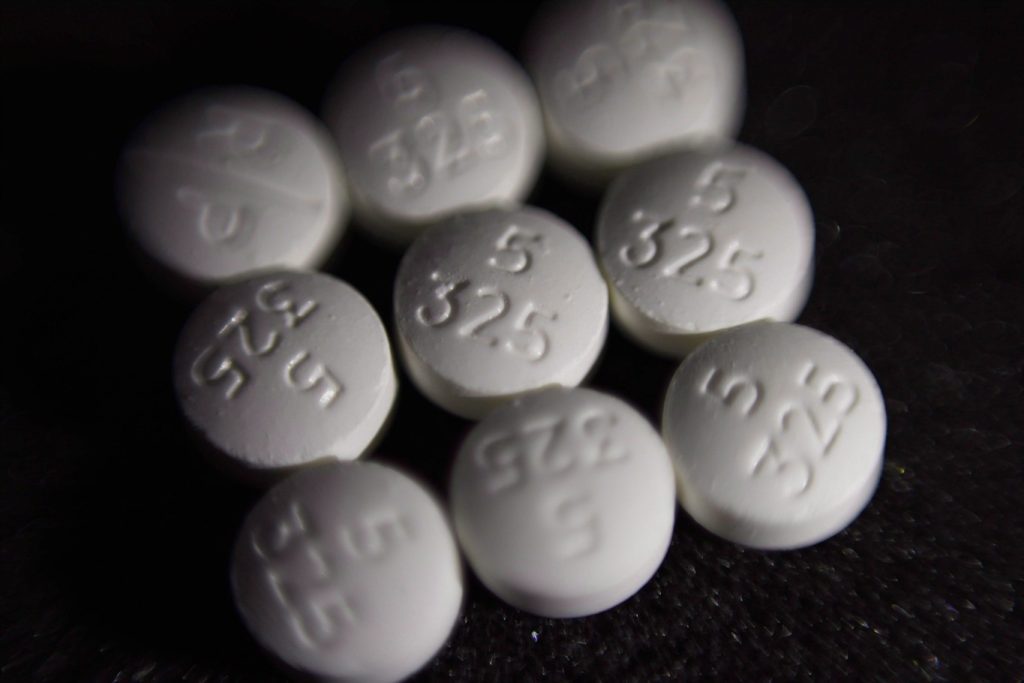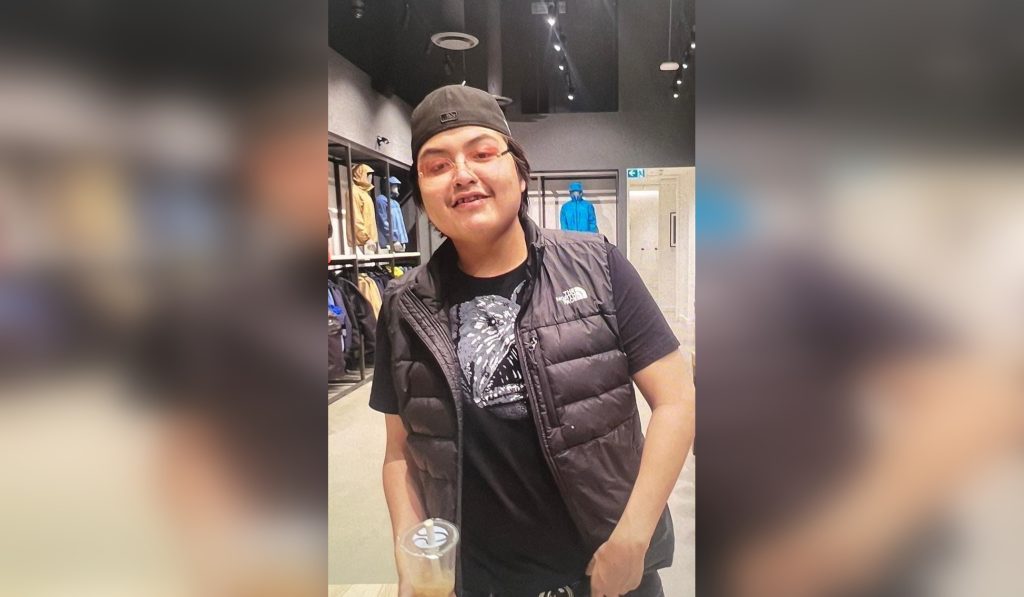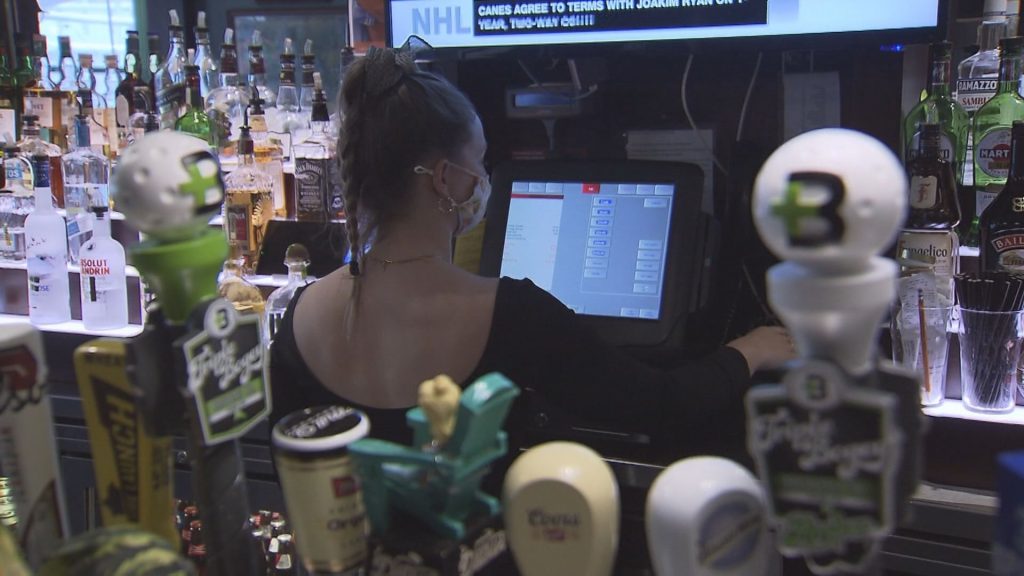What is the Disability Model of Addiction and how could it benefit the way we view addiction?
Posted Aug 29, 2021 6:00 am.
Last Updated Aug 29, 2021 1:27 pm.
CALGARY — There’s long been a debate about whether or not addiction is a disease, however, one clinician is offering a different perspective.
John Maier is an outpatient clinician at Freedom Trail Clinic in Boston. He says that the thought behind the Disability Model of Addiction is simple.
“Just like there are physical disabilities like blindness and deafness, so too should we think of addiction as a disability. Which is not to say that someone who has an addiction is in any way worse off or inherently worse than someone who doesn’t but just that people who have addictions are just different in certain ways and their needs should be accommodated by a just society.”
Maier says this is already law in the U.S. as addiction is listed as a disability under the Americans with Disabilities Act. It’s not recognized the same way elsewhere.
He says society can accommodate addicts by having things like supervised consumption sites, alternative medication treatment, and rehab facilities.
READ MORE:
-
Addictions experts critical of undercover police operation near Calgary drug use site
-
Lawsuit filed over Alberta’s supervised consumption site rules
-
Alberta on pace for worst year of opioid overdoses in people under 25
Maier believes that the disease model has had the unfortunate impact of medicalizing addiction, and seeing addiction as a medical problem that needs to be treated.
He says it doesn’t necessarily need to be treated, but should be looked at as a condition or a “difference that needs to be accommodated.”
“I think some people with addiction find this sort of language very empowering and gives them a way to kind of resist the medicalization of their condition, others, I don’t think find this language empowering and prefer the disease model or other way to frame an addiction.”
Maier says he believes it should be up to the individual to determine how they frame their own condition.
“If people with addiction find this useful, great, if they find some other model useful, that’s fine too,” he said.
He adds that having more people aware of the Disability Model of Addiction, the better, and that while it shouldn’t be the only way to approach addiction, he would love to see debates on the topic to see more options become available.
“I think often, people who are very well-intentioned, and are doing great work in making life better with addictions think in terms of the disease model because they think it’s the only alternative, that that’s the only humane alternative, but I think, if not, the disability model is also humane and is also a different way of thinking about addiction.”










